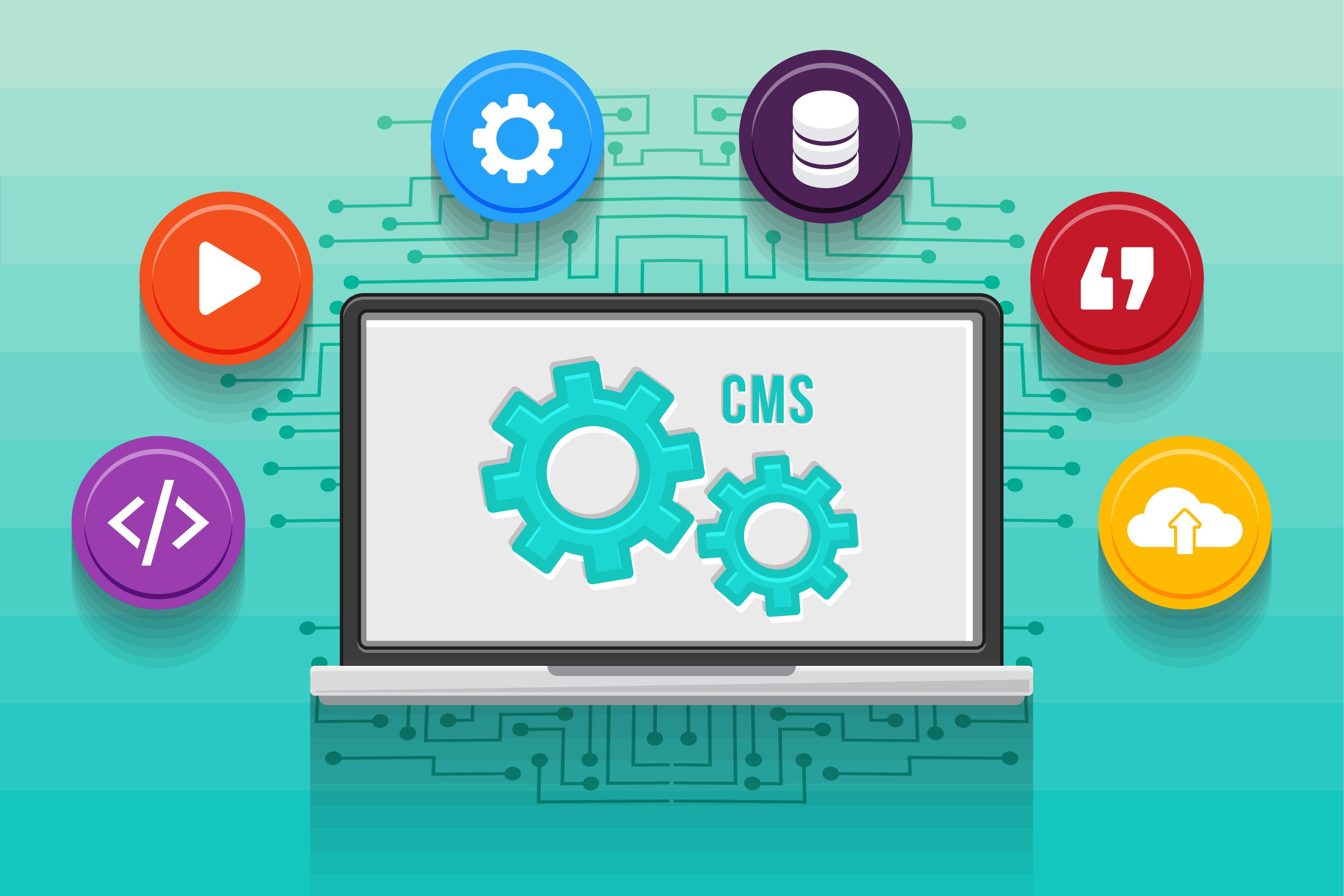
At DEPLOCODE, we recognize that a generic content management system might not address every business's distinct needs. That's why we offer customized CMS development services designed to cater to your unique requirements. Our team of experts will build a tailored CMS platform that offers flexibility, security, and scalability, ensuring you can efficiently manage and expand your digital content as your business grows. From conception to implementation and beyond, we provide a solution that fits your specific needs perfectly.
How many types of cms do we provide?
Content Management Systems (CMS) can be categorized into several types based on their functionality and intended use. Here are the main types:
Open-Source CMS:
These are free to use and often supported by a community of developers. Examples include WordPress, Joomla, and Drupal.
Proprietary CMS:
These are commercial solutions developed by companies that typically offer professional support and additional features. Examples include Adobe Experience Manager and Sitecore.
Cloud-Based CMS:
Hosted on the cloud, these CMS platforms provide scalability and ease of access from anywhere. Examples include Wix, Squarespace, and Shopify.
Headless CMS:
Focuses on content management without the frontend presentation. It allows for greater flexibility in delivering content across different platforms and devices. Examples include Contentful and Strapi.
Enterprise CMS:
Designed for large organizations with complex needs, offering advanced features for content management, integration, and security. Examples include Kentico and Episerver.
Document Management Systems (DMS):
Specialize in handling, storing, and managing documents and digital assets. Examples include M-Files and SharePoint.
Advantages of CMS
Content Management System (CMS) is a software platform that allows users to create, manage, and modify content on a website without requiring extensive technical knowledge. Here are some key advantages of using a CMS:
Ease of Use:
CMS platforms are designed to be user-friendly, allowing individuals without coding knowledge to create, edit, and manage website content through a simple interface.
Quick Deployment:
With a CMS, websites can be built and launched quickly using pre-built templates and themes, reducing the time needed for development.

Content Management:
CMS platforms make it easy to organize and update content, including text, images, videos, and other media. Content can be scheduled for future publication, ensuring that the site remains up-to-date.
Collaboration:
CMS systems often allow multiple users to contribute and collaborate on content creation, with varying levels of access and permissions. This is particularly useful for larger teams.
SEO-Friendly:
Many CMS platforms come with built-in tools or plugins to optimize content for search engines, helping to improve the site's visibility and ranking.
Scalability:
A CMS allows you to easily scale your website as your business grows. You can add new pages, features, and functionalities without major changes to the existing structure.
Security:
Popular CMS platforms often receive regular updates and security patches, helping to protect websites from vulnerabilities. Additionally, many CMSs support third-party plugins for enhanced security features.
Customization:
With the use of plugins, modules, and themes, a CMS can be customized to meet specific needs and preferences, allowing for a unique and personalized user experience.
Cost-Effective:
Using a CMS can be more cost-effective than building a custom website from scratch, especially for small and medium-sized businesses. Many CMS platforms are open-source, meaning they are free to use.
Community Support:
Most popular CMS platforms have large user communities and extensive documentation, making it easy to find support, tutorials, and solutions to common issues.
Multi-Language Support:
CMS platforms often support multiple languages, making it easier to create and manage content for a global audience.
Content Management System (CMS) is a powerful tool that simplifies website creation and management. Its ease of use, scalability, and customization options make it an ideal solution for businesses and individuals alike, regardless of technical expertise. By offering a user-friendly interface, collaborative features, and built-in SEO and security tools, a CMS not only enhances the efficiency of content management but also helps ensure that websites remain up-to-date, secure, and optimized for search engines. Ultimately, a CMS is an invaluable asset for anyone looking to build and maintain a dynamic, professional web presence with minimal effort and cost.
